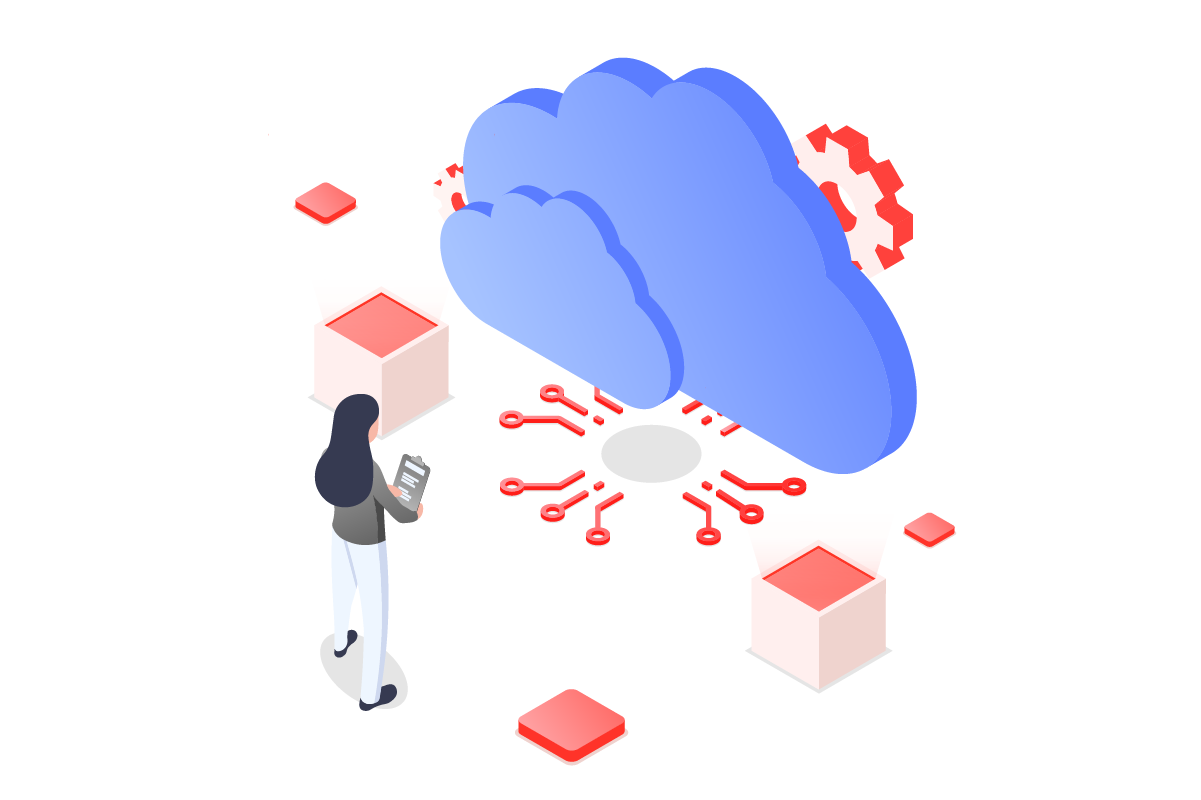It is a high-performance file-based storage solution with dynamic scalability, easy deployment, configuration, management, and expansion, especially suited for containerized application storage. Storage has always been a hurdle to application performance and the increased densification of compute in areas such as GPU-based applications has made the task even tougher. The need of the hour is a simple storage solution such as Tyrone storage that eliminates complexity, introduces simplicity, and boosts IT agility.

Tyrone Container Storage can easily provision persistent storage for all your containerized applications. It also has a better performance compared to local NVMe flash even with containers. Moreover, there is an in-built disaster recovery with Snap2Object. End-to-end encryption helps to protect data in sight and flight.
The operation is simple with the facility of multi-protocol access supporting the containerized application. If you are looking for dynamic scalability, the platform is well-equipped to tackle a diverse set of workload requirements with NVMe flash for performance and object ready for economics.
Container Storage Integration Container Storage Interface (CSI) is a standard developed to provision and manage shared file storage for containerized applications. The Weka CSI Plugin for Kubernetes comes with an interface between the logical volumes in a Kubernetes environment (also known as Persistent Volumes (PVs)) and the storage, allowing end users to deploy stateless Tyrone storage clients to map the necessary storage to the appropriate container. The CSI plugin arranges a Kubernetes pod volume either through Persistent Volume (by an administrator) or it can be dynamically supplied via a Persistent Volume Claim (PVC). The above feature removes the complexity of shifting containerized workloads to the cloud or sharing data across many Kubernetes clusters. Moreover, the CSI plugin also provides the facility of leveraging quotas arrangement to manage space consumption for containerized applications.


The Tyrone storage CSI (Container Storage Integration) provides the needed flexibility in delivering in container deployment while offering local storage performance and ultra-low latency. It supports volume provisioning in both static and dynamic forms supported by its own storage class. It also supports ReadOnlyMany, ReadOnlyOnce, ReadWriteMany and ReadWriteOnce, access modes.

With Tyrone Container Storage, you can get multi-protocol access to containerized application with NFS, SMB, POSIX and S3.

WekaFS allows high availability networking to support continued operation in instances where network interface card (NIC) or network switch fail. HA is achieved via the implementation of two network interfaces for the same client. Besides, it can smoothly saturate the bandwidth of a single NIC card. For a high throughput, multiple NIC can be possibly leveraged.

Tyrone Storage ensures that your data is completely safe with integrated encryption, efficient management, and access control. The solution provides a unique method of protection, disaster recovery and mobility in a Kubernetes environment with its snap2object feature.

Tyrone Storage delivers superior performance than local NVMe flash even with containers. In addition, the parallel storage resolves the acceleration and portability issues. Parallelism helps to match containers microservices HPC architecture.

Tyrone Storage addresses the challenges of scaling cloud-native applications that require high performance and shared storage to provide greater value in a shorter time to the market.

GOVERNMENT

BANKING

HEALTHCARE

MANUFACTURING

TELECOM

RETAIL

LEGAL

E-COMMERCE

ENTERTAINMENT

MINING

ENGINEERING

DEFENCE
